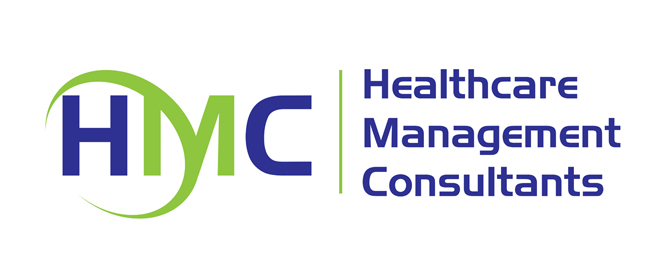Dear Healthcare Management Consultants Client,
Clarification from the IRS is now beginning to trickle in regarding the Executive Order signed by President Trump on August 8, 2020. The intent of the President’s order was to provide financial relief on payroll taxes to employees due to the ongoing Covid-19 pandemic.
Our team would like to provide the following details regarding the order and subsequent IRS guidance, which has serious ramifications to consider:
• Employers are not required to offer the payroll tax deferrals to employees.
• As stated in our August 13 email to clients on the Executive Order, the deferral is on the employee share (6.2%) of Social Security payroll tax.
• The deferral period is from September 1, 2020 to December 31, 2020.
• Taxes may only be deferred for employees whose applicable wages are less than $4,000 on a bi-weekly period (or equivalent amount in other payroll frequencies).
• This is only a deferral. Newly released IRS guidance strongly indicates that this tax deferral will not be forgiven and will have to be paid back.
• Employers are “on the hook” for collecting and paying back any deferred taxes. Payments would be due between January 1, 2021 and April 30, 2021. Penalties and interest on unpaid amounts begin accruing May 1, 2021.
• Most importantly……employers are responsible for paying the deferred tax for employees who took the deferral option, even if they no longer work for the practice. The reason for why the employee no longer works for the employer is irrelevant in terms of having to repay the deferred tax.
Action Steps to Take:
You will need to decide if you, as the employer, will participate in the deferral and communicate this to your payroll service. Secondly, if you as the employer do decide to participate, each of your employees will need to decide whether they will participate. An important consideration for participating employees is that their payroll taxes will have to be roughly double-withheld in 2021 to pay back the deferred tax amounts. As you can imagine, this will potentially have a severe financial impact on participating employees throughout 2021.
Our Conclusion and Recommendation:
There is a chance that these deferrals could be forgiven in future legislation, but we simply do not know for certain. Until legislation is passed which specifically forgives these deferrals, we have to assume that these deferrals should be considered a government loan with required payback and penalties and interest starting after April 30, 2021. If the deferred taxes are forgiven, then social security income upon retirement would likely be reduced. As the legislation is currently written, the deferral plan should be considered a loan against future social security earnings.
Our team’s recommendation is that our clients do not participate in this deferral program. The primary reason is the unacceptable financial exposure that our clients could potentially expose themselves to if employees defer and then terminate employment. Secondly, participating employees will likely be extremely upset once the double withholding calculation kicks in next year.
The negatives to this program simply do not align with the good intentions that undoubtedly initiated its rollout. Please contact your Healthcare Management Consultants or Dental CFO consultant if you have any questions on this. In the meantime, we will continue to keep you informed as new developments occur.
Take care and have a wonderful week!
Your Healthcare Management Consultants Team






Sa’Vonna S. Staton
Practice Administrator / Carolina Specialty Care, PA